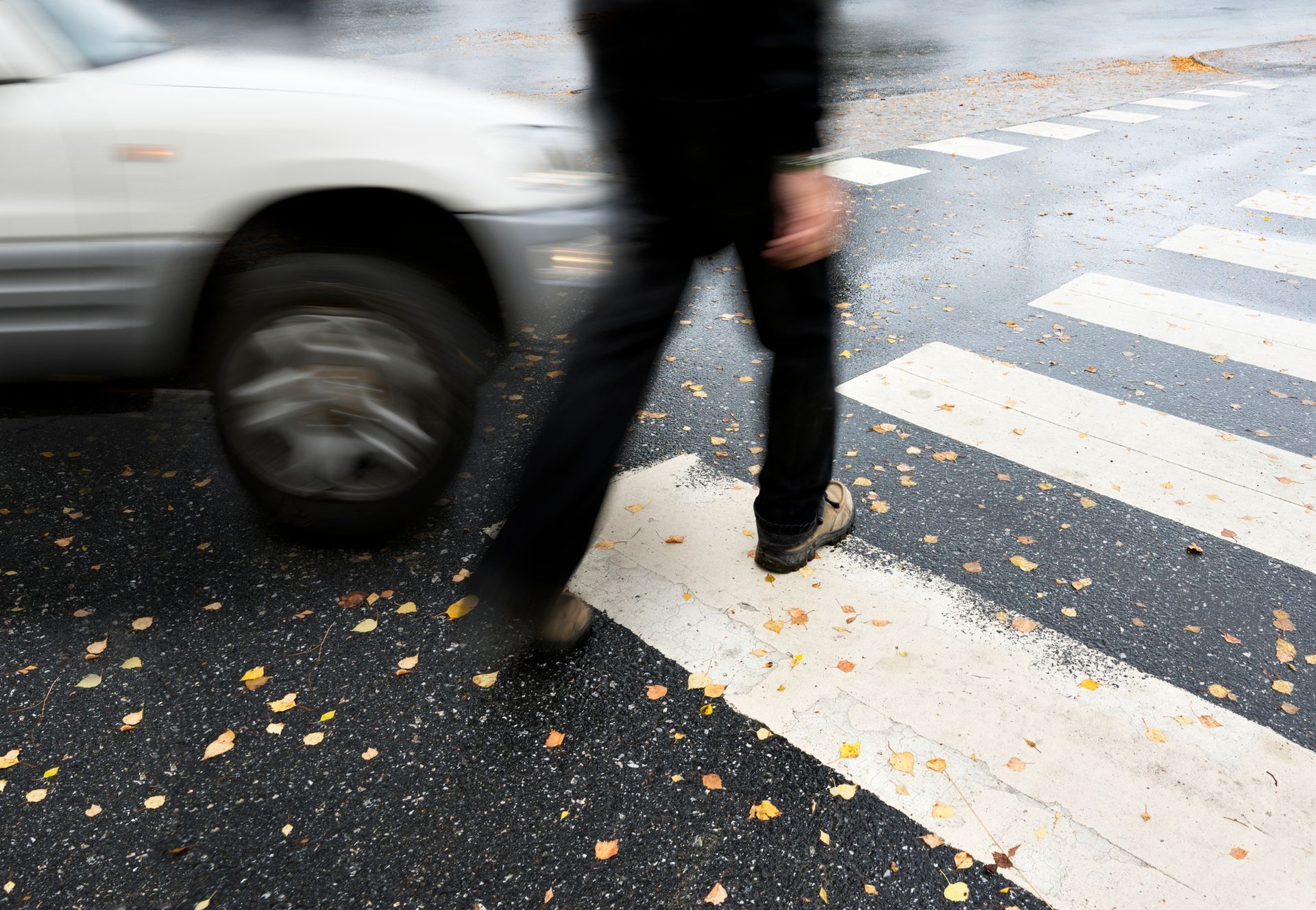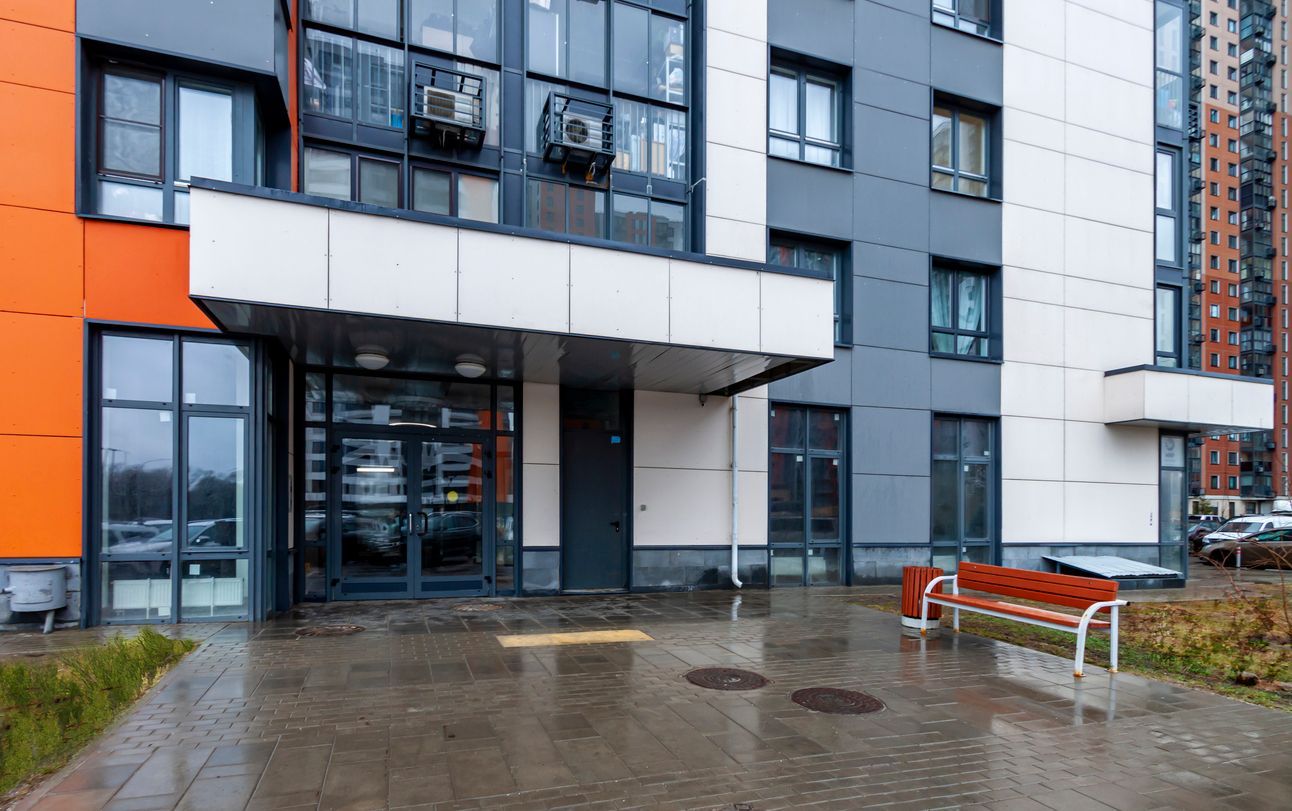Pedestrian Accidents in Ontario: Legal Steps for Claiming Compensation
Being involved in a pedestrian accident with a motor vehicle can be a life-altering experience, leaving victims with serious injuries, financial burdens and emotional distress. Understanding your legal rights is crucial to ensuring you receive the compensation you deserve. In Ontario, pedestrians injured in accidents with motor vehicles may be entitled to benefits through insurance claims and lawsuits. This blog explores the key legal steps for pedestrian accident victims, including determining fault, collecting evidence, and seeking compensation under Ontario’s car accident laws.
Who Is at Fault in a Pedestrian Accident?
Determining fault is a crucial step in any pedestrian accident claim. Ontario law generally follows a "reverse onus" principle when a pedestrian is struck by a motor vehicle. This means that the driver of the motor vehicle is presumed to be at fault unless they can prove otherwise.
Common Causes of Pedestrian Accidents
- Driver negligence (e.g., speeding, distracted driving, impaired driving)
- Failure to yield at crosswalks or intersections
- Poor road conditions or obstructed visibility
- Pedestrian negligence (e.g., jaywalking or crossing against signals)
If a driver can demonstrate that the pedestrian acted negligently—such as by running into traffic unexpectedly—the pedestrian’s compensation may be reduced under the principle of contributory negligence.
Steps to Take After a Pedestrian Accident
If you have been hit by a car as a pedestrian, taking the following steps can strengthen your claim:
1. Seek Immediate Medical Attention
Even if your injuries seem minor, some symptoms may develop later. A timely medical report provides critical evidence for your claim.
2. Report the Accident
- Call 911 to report the accident and ensure the police create an official accident report.
- If police do not attend the scene, report the accident at a Collision Reporting Centre.
3. Collect Evidence from the Scene
- Take photos/videos of the accident scene, including traffic signals, crosswalks and road conditions.
- Obtain witness statements from anyone who saw the accident.
- Exchange information with the driver, including their name, license plate number and insurance details.
- Contact a lawyer at Aaron Waxman and Associates for a free consultation.
4. Notify Your Insurance Provider
In Ontario, you can file a claim with your own auto insurance company for accident benefits—even if you were a pedestrian. If you do not have auto insurance, you may still be eligible for compensation for accident benefits through the driver’s insurance policy.
5. Consult a Car Accident Lawyer
A lawyer can help ensure that you receive the full compensation you are entitled to and assist in handling insurance disputes or lawsuits against the at-fault driver.
What Compensation Can a Pedestrian Accident Victim Claim?
Ontario’s insurance laws allow pedestrian accident victims to seek compensation through Statutory Accident Benefits (SABS) and a personal injury lawsuit.
1. Statutory Accident Benefits (No-Fault Benefits)
Pedestrian accident victims may qualify for SABS benefits, which can include:
- Medical and rehabilitation expenses (e.g., physiotherapy, surgeries, assistive devices)
- Income replacement benefits (up to 70% of lost wages, with limits)
- Attendant care benefits (if ongoing care is needed)
2. Personal Injury Lawsuit (Tort Claim)
If the driver was negligent, you may sue for:
- Pain and suffering (for physical and emotional distress)
- Loss of future earnings (if you are unable to work due to long-term injuries)
- Out-of-pocket expenses (including medical bills and transportation costs)
- Other types of damages
When Should You Contact a Lawyer?
Navigating Ontario’s car accident laws can be complex, especially when dealing with insurance companies and proving liability. You should consult a car accidents lawyer if:
- The insurance company denies or undervalues your claim.
- You have suffered severe or long-term injuries.
- The at-fault driver disputes liability.
- You are unsure about your legal rights or the claims process.
How Can Aaron Waxman and Associates, P.C. Help?
At Aaron Waxman and Associates, P.C., we understand the challenges pedestrian motor vehicle accident victims face. Our team is well versed in Ontario’s car accident laws and will guide you through the insurance claims process, help you gather evidence to prove negligence, and negotiate with insurance companies on your behalf. If necessary, we will represent you in court to secure the compensation you deserve.
You don’t have to navigate this process alone.
We offer free consultations and work on a contingency fee basis, meaning you don’t pay unless we win your case.
Conclusion
If you or a loved one has been involved in a pedestrian motor vehicle accident, seeking legal guidance can make all the difference in your case. A car accident lawyer can help you gather evidence, negotiate with insurance companies, and ensure you receive the full compensation you are entitled to. Don't wait—taking action as soon as possible can strengthen your claim and improve your chances of a successful outcome.
For trusted legal support, contact Aaron Waxman and Associates, P.C. at 416-661-4878 or awaxman@awaxmanlaw.ca today for a free consultation. Let us help you get the compensation you need to move forward.
We offer a free initial consultation that can be arranged at a date and time of your choosing and at your convenience.
Recent posts from our Knowledge Centre
- This blog is for informational purposes only and is not meant to substitute legal advice. Please read our disclaimer for further information.
- All of our lawyers are licensed by The Law Society of Upper Canada
- Office in Toronto and able to represent people in the province of Ontario










